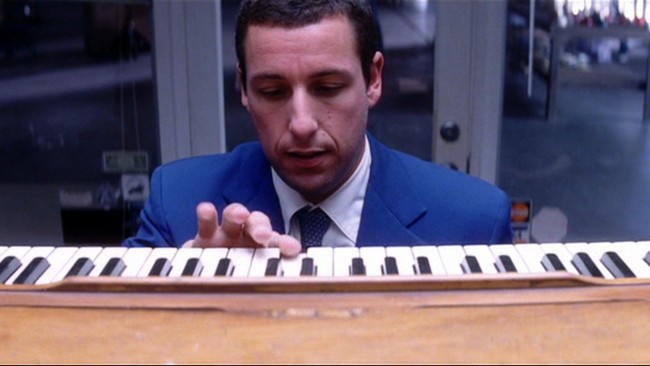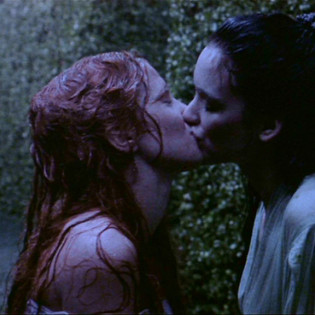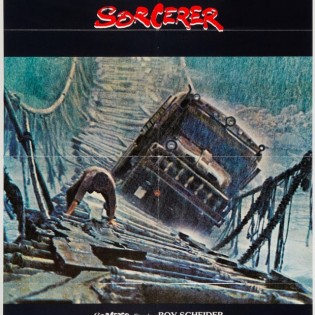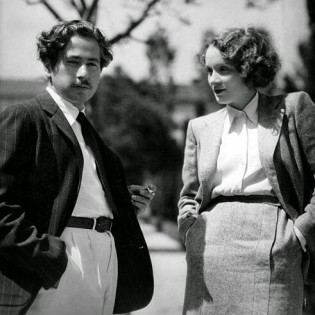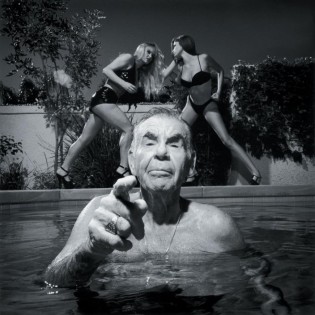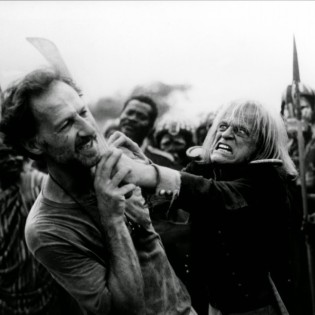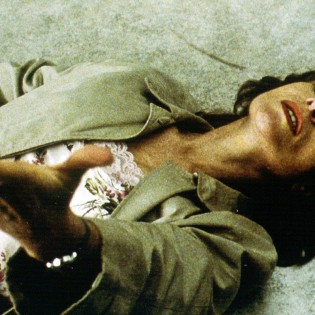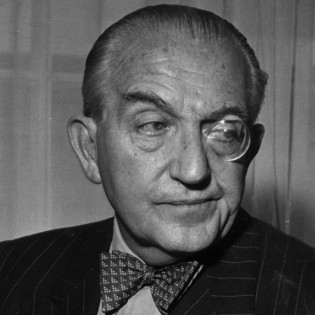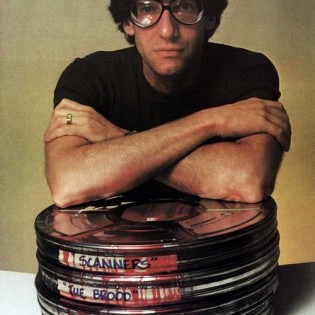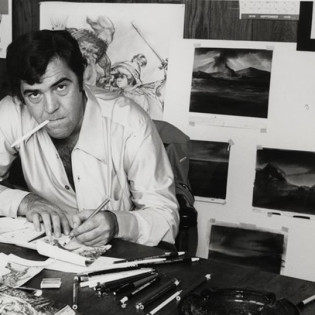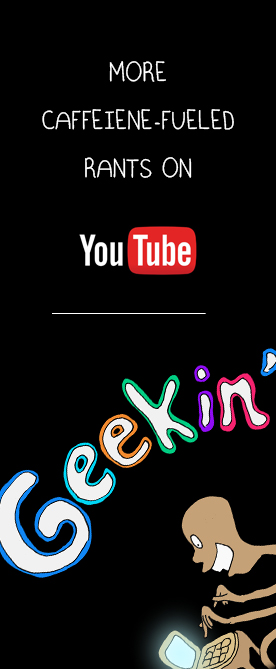PTA Inquiry No. 2:
Why oh why oh why, Paulie? Why in the fuck would you make two titanic pictures too big for their own britches and then—with all the good will you’ve accrued—squander your brutality, your teeth, your talons, your big fucking fists, blood, piss, and shit for Adam-fuck-ing-Sandler!? Where’s your sense of worth, man!? Don’t you know you’re better than that!?
Don’t worry little jaded, film boy, the man knows what he’s doing. It’s much more involved than that. Sandler by no means tanks Punch-Drunk Love, not in the way Anderson acolytes had feared he might—not in my estimation—but instead Sandler’s proclivities and strengths—which we’ll get into shortly—along with PTA’s, enhance one another, like a perfectly coiled strand of DNA, melded into one little film—only 95-minutes in length—about the ways love can unlock us from repression through a trial-by-fire of sheer violence and aggression, like a second birth into a life of romance and carnality, of touch and warmth, violets and reds, of the soft-handed, blush-dimpled Lena Leonard (Ms. Emily Watson). It’s about tapping into your alter ego, the perfect image you had long ago conjured up of yourself—of super heroic proportions—one that is focused by rage, loyalty, and love, by breaking through the externally imposed entanglements that keep Sandler’s Barry Egan so terribly cornered, like the film’s very first shot, relegating—shoving!—him into the corner of his own warehouse, the walls of which are painted half blue, the same blue hue of his newly purchased suit—a suit, as his sister points out to him, is sorely out of place from what she’s used to seeing him wear—blending him into the environment, letting him dissolve and disappear. A nonentity.
I know: sounds odd: Sandler—usually so big and obnoxious, constantly intoned with a overpowering surge of petulance, wave after wave of it—cast to play an internal man, a quiet man, a man shrunken and stuck inside the politically-correct husk of whatever people think of when they think “appropriate” or “inoffensive”—succinctly put: a man not meant to be Adam Sandler.
SANDLER PLAYS MODEST!
And yes! He does! And he plays it so well!
Sandler plays the hushed, nervy, sexless Egan with befuddled wonder, head always down, fingers kneading knotted palms, twitches and tics that are pushed to the forefront by Egon’s awkwardness while social situations, by his inability to deal with even the simplest and most formal of conversations—such as the one between him and his sister and her friend Lena—a meeting with ulterior motives: mainly: to twist Barry’s arm into asking Lena out on a date. Watch his arms: they don’t swing, they don’t bend, they don’t move at all. He holds himself like a newbie actor unaccustomed to thinking about the placement of his limbs. With Lena there in front of him and his sister mauling him with an unexpected invitation to lunch with her and Lena, Barry freezes—he doesn’t fight, he doesn’t flee, he stands stick still, rigid, like a body dead with rigor mortis. “Lance!” “Yeah?” “Remember, we have to call that guy in Toledo!” “Which guy?” “Which guy?” “I’ll tell you later.” He’s so uncomfortable, so anxious for the encounter to be over that he tries to Lance in from OS—to seem busy, important, to seem like a guy who has total faculty over his log-dead arms. His voice is hushed, his questions padded-over moments of potential cracking, his eyes diverted. When he’s alone with his sister back in his office, he’s shifting around her, arms dangling, dodging her and her questions alike.
Sandler’s got the character, the broken shuffle, the dilapidated ego trampled upon by a stampede of over-involved sisters. It’s all there, sitting atop his egg-shaped head, repressing the burdens, eating it, sitting precariously—and metaphorically—upon the precipice, like a teetering Humpty Dumpty: “…should I? shouldn’t I? should I?…” and so on.
Then there’s Barry’s other side, his alter ego, the super hero with the powers of ultimate and love-focused rage. There’s the Barry that spews and snivels and blows like a pathetic kettle left too long on the stove.
Lets not lie to ourselves: Barry’s got his fair share of issues. I would wager the man’s got himself a nasty case of Borderline Personality Disorder. His moods are constantly shifting, like Teutonic Plates, and you never know when he’s gonna go from humble bunny to Tasmanian Devil, when he’ll decide to trash a restaurant bathroom, punch a hole through his office wall, or threaten to kill his sister through gritted teeth for not being the easy sibling and telling him what hotel Lena’s staying at. But then he tap dances and thinks wistfully of pudding and savings and promotional loopholes, he adopts an abandoned harmonium to maybe let the music back into his heart—a harmonium that arrives oh-so conveniently with Lena’s own entrance. A metaphor, perhaps?
If there’s anything that Sandler does—not necessarily well, but at least well enough to corner the market on it—is blow up randomly. The key word being “randomly”. Whereas his outbursts are typically mined, haphazardly—and greedily—for comic effect, whenever and wherever possible, creating a deluge of “comedy” unanchored by lack of human verisimilitude. There’s no rhyme or reason for Sandler’s explosions in Water Boy (even though I’d venture to say that that’s his highest achievement as a comedic actor) or Happy Gilmore. Listen, I love Sandler movies—especially his later ones—but that’s because Ilove bad comedies. What Sandler needs—and what he still needs—is directors like Anderson and Apatow who better understand the petulant rage than even he—the actor—does. Otherwise he’s using it arbitrarily and not thinking about the beats, the cadence, the pacing, and whether or not the blow up has been earned by the established work.
Anderson wasn’t so easy on him. He chose those moments of eruption carefully. He chose moments that would resonate. And most importantly, there would be a structure leading up to his volcanic moments. There would be motivation. He cracked in those doors because his sisters were smothering him with a very monkey pile of: “GAY BOY! HEY! YOU REMEMBER WHEN WE CALLED YOU GAY BOY?” When Lena reveals to Barry on their first date that his sister’s made mention of how he once threw a hammer through a window—not the sexiest of stories—he excuses himself with a trip to the bathroom where he proceeds to smash the stall door in, rip the soap dispenser off its station, crack the mirror, etc. There’s a through line to Sandler’s emotions here, he’s not simply wilding out for the sake of pulling some cheap laughs out of the audience. It’s premeditated. It’s thoughtful.
And I’m sure Anderson saw this in Sandler and his work—he’s even admitted to loving Sandler’s work, no matter how puerile. But it would make sense to me then that he would want someone like Sandler to play Egan if the point of the character is to vacillate so wildly from unassuming rejection to glorified fury—or, maybe not fury, but passion. Undirected passion. As William H. Macy’s Wiz Kid Donnie Smith says in Magnolia: “I really do have a lot of love to give, I just don’t know where to put it.” Shackled by so many years of destructive loneliness, Egan—and Sandler—no longer knows where to put all this raw passion. So he puts I forth in the place of fists and thrashes.
Sandler, for the first time ever, plays his wrath small. It’s all through clenched fists, rigidly fixed shoulders, a little impatience in his legs, the way they’re always subtly moving and bouncing in place during an uncomfortable conversation. That being said, it’s great that Anderson occasionally lets Sandler off his leash to destroy something. And I’m talking pure violence. Even though you see Sandler flip out in his movies all the time, you never see him get actually violent and demolish the shit around him—which is kinda odd given Sandler’ affinity for childishness. Children are some of the most purely violent beings I’ve ever felt. It’s all that undisciplined energy and verve for life. That’s Egan: a child with the potential for great emotion, but it’s going untouched, unrealized by fuck, and so, without that companionship, it’s expressed in the form of an errant lash out.
Lets look at another director and film that tried to utilize Sandler as a dramatic actor, but with little to no success: James L. Brooks (Broadcast News, As Good as it Gets) and his unfortunate fray into the movie sitcom: Spanglish. In this movie—a movie poorly quilted together by a moth-riddled tapestry of disparate vignettes that barely build upon one another or reaffirm whatever the fuck it is Brooks was trying to say—Sandler plays the patriarch John Clasky, a perfectionist chef married to a woman who’s driven purely by self-image (mind you, not agency, not control, but image—nothing more, nothing less—which makes her maybe one of the most shallow characters in Brooks’ filmography—if not the most). Sandler plays the father as the innocent, the wildly oblivious—as wholesome as white bread, never pinned by inner demons nor private failures—who boils down to one thing: The Victim. So not only is his softness and “endearing” quality vapid, but so is his reaction to his wife’s confession of adultery. When his wife tells him she’s been sleeping with another man, Sandler’s Clasky says: “There was a crack in the planet. Wow…that was noisy!” But it’s all subdued, all calm, all—dare I say it—false. The dialogue is too clever for it’s own good, leaden with stylized artifice, and it’s also calling for Sandler, an actor who wants nothing more than to let loose, to play it low. So instead of acting as the world has actually cracked, and cracked so loud that it’s deafened his wife’s pleas for forgiveness, Sandler simply says it—”cracked planet”—and lets it be. There’s no anguish, no catharsis. Just a lump of tone deaf dialogue swamped in pseudo-psychological bullshit.
Brooks castrated his actor, let him dribble off with a whimper.
Not Anderson, though. Anderson saw the potential, saw the connecting themes between his work and that of Sandler’s, and made the leap, eyes shut, limbs akimbo, and hoped he’d plunge somewhere good, somewhere soft, somewhere like kismet love.
And he did—right into one of his more amiable, lovable, and endearing performances. No other duo, I believe, would have found such an interesting equilibrium of love and anger.
In short (because, as you’ve all come to learn, I can’t keep this shit short): in his own flicks, Sandler actively pronounces his masculinity to the point of fallacy, of emptiness, neutering himself of his primal impotence. Paulie T., on the other hand, knows how to use this to his benefit, how to gauge it and manipulate it as he sees fit, and he allows it to heat at a perpetual simmer, occasionally raising it to a boil so the bubbles of heat could surface and pop. And he explains Egan’s simmer, his future explosions; he lends credence to them—and not only to the actions and the character, but to the actor, too—an actor who would have otherwise gone down as an easily-dismissed comedian, meant for ridicule and tiny words. But now he’s something else: he’s an actor with potential.
You can thank Anderson for that.


